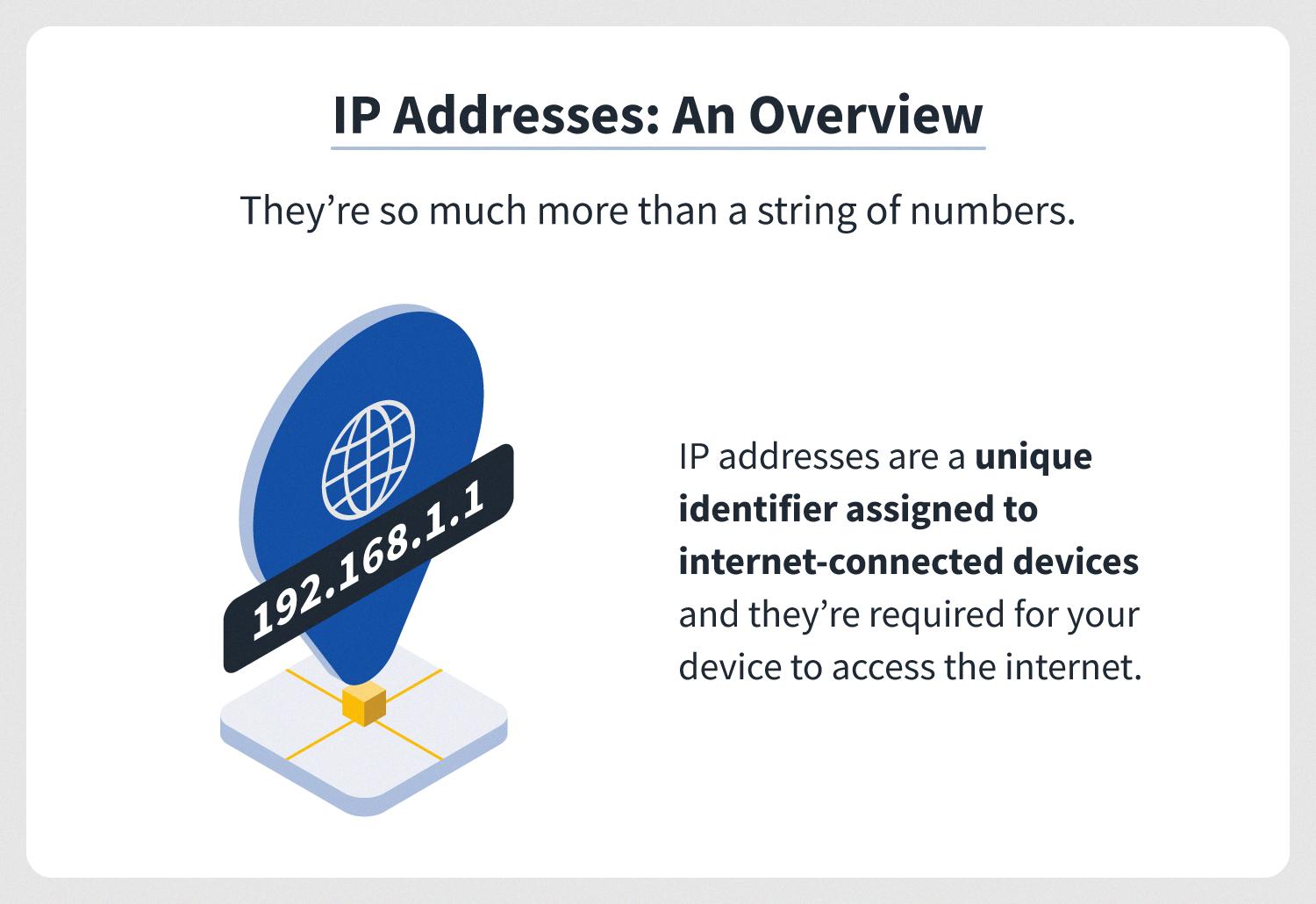Are IP Addresses Unique to a Device?
We’ve all heard the term “IP address” before, but many of us don’t really understand what it means or how it works. An Internet Protocol (IP) address is a unique identifier assigned to a device that is connected to a network, such as the Internet. A device can be aything from a laptop or desktop computer to a smartphone or even an IoT device.
The IP address allows two devices to communicate with each other and enables data to be sent and received between them. Each device on the network must have an individual IP address in order for communication and data transfer to occur correctly. This means that no two devices can have the same IP address unless they are behind a Network Address Translation (NAT) device like a router.
There are two types of IP addresses: static and dynamic. A static IP address is one that does not change over time, meaning that if you assign an IP address to your computer, it will stay the same forever until you manually change it. This type of address is often used by servers so that they are constantly available at the same location on the network.
A dynamic IP address, however, does change over time. Dynamic addresses make use of DHCP (Dynamic Host Configuration Protocol) for ther management and distribution. This type of address is most commonly used by home users since it can easily be changed when needed without having to manually configure settings each time it changes.
It’s important to note that while an IP address can reveal information about your Internet service provider (such as which company you use), it canot tell someone your exact physical location or who you are specifically. Each device on your Wi-Fi will have its own local IP address, allowing them all to communicate with each other without any problems.
In conclusion, yes, every device connected to a network requires its own unique IP address in order for communication and data transfer between them to take place correctly. Whether this be a static or dynamic IP depends on what type of connection you’re using and what type of service provider you have chosen – but either way, having an individual and unique IP for each connected device ensures smooth operation across networks worldwide!
Can Two Devices Have the Same IP Address?
No, two devices cannot have the same IP address unless they are behind a Network Address Translation (NAT) device. NAT is a method of mapping multiple private addresses to a single public IP address. This allows multiple computers to share one public IP address, but still be able to communicate with each other in the same local network. When devices are behind a NAT device, the router assigns each connected device with a unique internal IP address that is diferent from all other internal and external IP addresses on the network.

Source: us.norton.com
Does an IP Address Vary by Device?
Yes, an IP address can change per device. In most cases, devices connected to the internet will be assigned a dynamic IP address, wich means that the address can change over time. This is managed through DHCP (Dynamic Host Control Protocol), which distributes dynamic IP addresses to devices on the network. This allows for flexibility in the number of devices that can be connected to the same network without having to manually configure each device with a unique IP address.
The Relationship Between IP Addresses and Devices or Locations
No, an IP address is not tied to a device or location. An IP address is a numerical label assigned to each device connected to a computer network that uses the Internet Protocol for communication. It is used to identify the device and enable it to communicate with other devices on the network. The IP address does not contain any information about the physical location of the device, such as what country, state or city it is located in. Instead, it only identifies the network that the device is connected to, and this can be anwhere in the world.
Does a Device Have Multiple IP Addresses?
No, a device may have multiple IP addresses. For example, a device can have both a local IP address assigned to it by your Wi-Fi router and a public IP address that is assigned to it by your Internet Service Provider.
Do All Devices Have the Same IP Address?
No, all your devices do not share the same IP address. Each device within a network has its own private IP address, which is assigned by the router or modem when it connects to the network. Your public IP address, however, is shared among all devices on the network and is used for communication outside of your local network. Depending on your internet service provider (ISP), this public IP can remain static or change each time you connect to the internet.

Can Two People Have the Same IP Address?
No, it is highly unlikely that someone on the same network as you would have the same IP address as you. IP addresses are typically assigned to devices using a process called DHCP (Dynamic Host Configuration Protocol). This process ensures that each device on the network has a unique IP address, so it is highly unlikely that two devices would end up with the same IP address. However, in rare cases, an IP collision can occur if two devices on the same network are manually assigned the same IP address.
Are IP Addresses the Same for All Devices Connected to WiFi?
No, the IP address is not the same for all devices connected to a WiFi network. Each device that connects to a WiFi network will be assigned an IP address by the router. This ensures that each device can be identified and communicated with on the network. The IP address assigned to each device will typically be unique, so no two devices will have the same IP address.
Conclusion
In conclusion, IP Addresses are an essential part of communication over the internet. They alow computers to locate and communicate with each other, and provide a unique identifier for each device on a network. Generally speaking, no two devices should have the same IP address unless they are behind a NAT device. Most IP addresses used by the general public are dynamic, meaning they may change over time. Despite what some may think, an IP address does not reveal your location, but can be used to identify your Internet Service Provider. Finally, each device on your Wi-Fi will have a unique local IP address to ensure each device is identified accurately.
